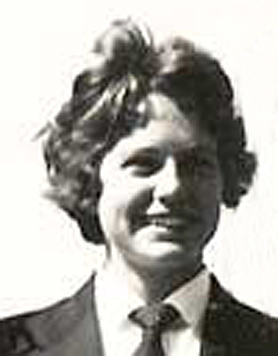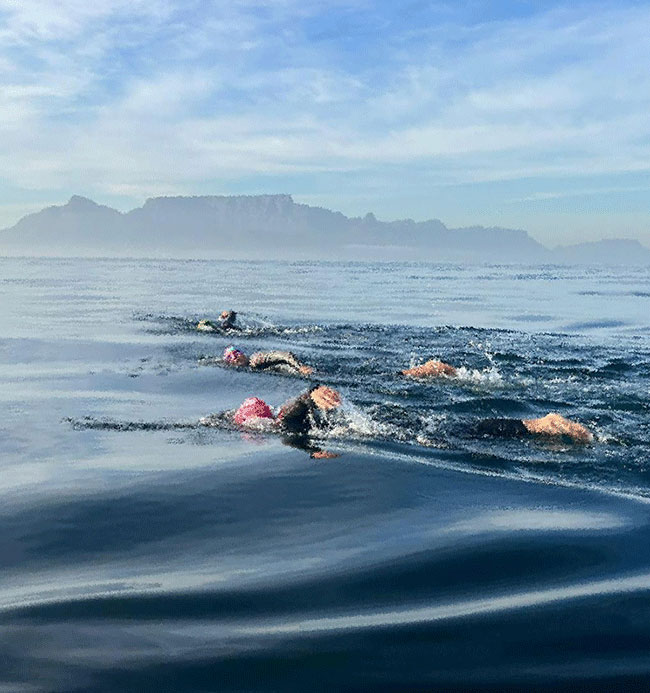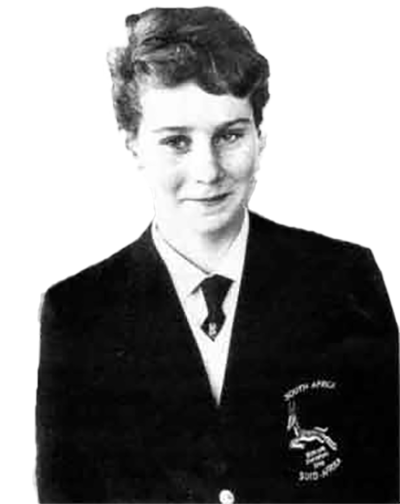1900 - 1960
1900 - 1960
In 1912 George 'Looper' Godfrey became the first Springbok swimmer when he competed at the Helsinki Olympic Games, without medal success. George "Looper" Godfrey was a legend of South African swimming, who dominated men's events before the war. In 1909 he won all the swimming events - 100, 220 and 500 freestyle - and he still swimming at nationals by 1920. Full name: George Albert Godfrey Nickname(s): Looper Born: July 26, 1888, in Durban, Natal, South Africa Died: May 22, 1965(Aged 76) in Durban, Natal, South Africa
South Africans won their first Olympic medal in swimming when the women's 4x100m freestyle relay finished in third place at the 1928 Olympic Games in Amsterdam.
In 1952 Joan Harrison won the first South African Olympic swimming gold medal, and women won another relay medal at Melbourne in 1956. The era ended with Laura Ranwell setting an Olympic record at Rome in 1960, where Natalie Stewart of Pretoria and Rhodesia competed for Great Britain, winning two medals.

Joan Harrison won the 100 freestyle at the 1952 Olympic Games in Helsinki.
Read more about Joan Harrison →
1928 Amsterdam Olympic Games
The bronze medal-winning Springbok women's relay team of Kathleen Russell, Freddie van der Goes, Marie Bedford and Rhoda Rennie.
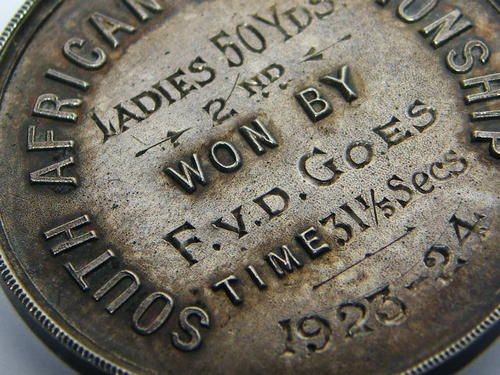
Jennie Maakal

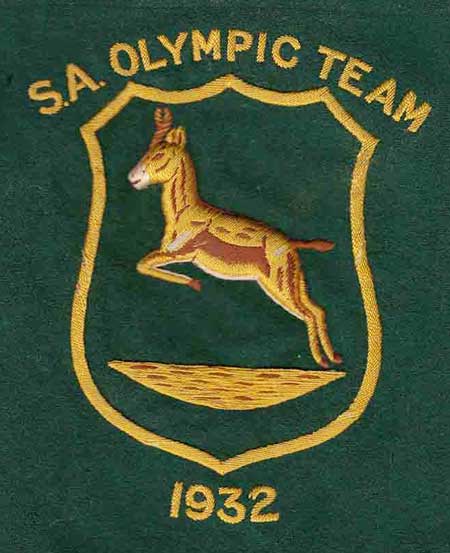
The first individual medal winner →
Joan Harrison

1956 Melbourne Olympic Games
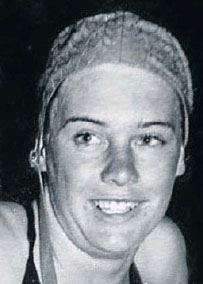
Laura Ranwell
In the 1960 Rome Olympic Games women's 100m backstroke Laura set an Olympic record in her heat, and in the final she finished with an equal time as the bronze medallist, although she was placed 4th.
